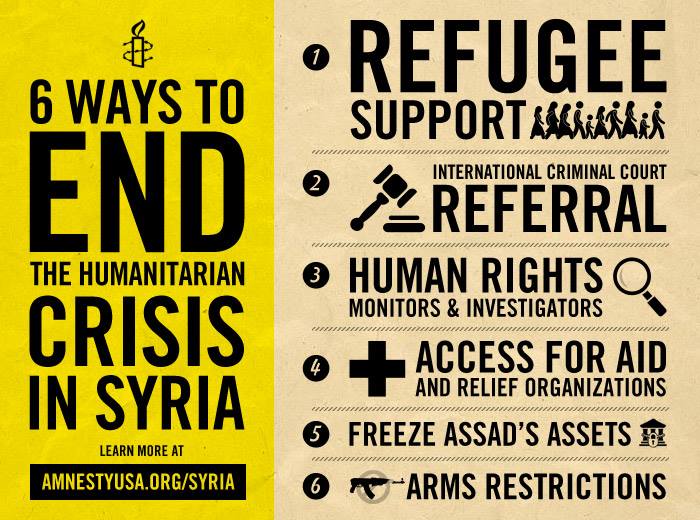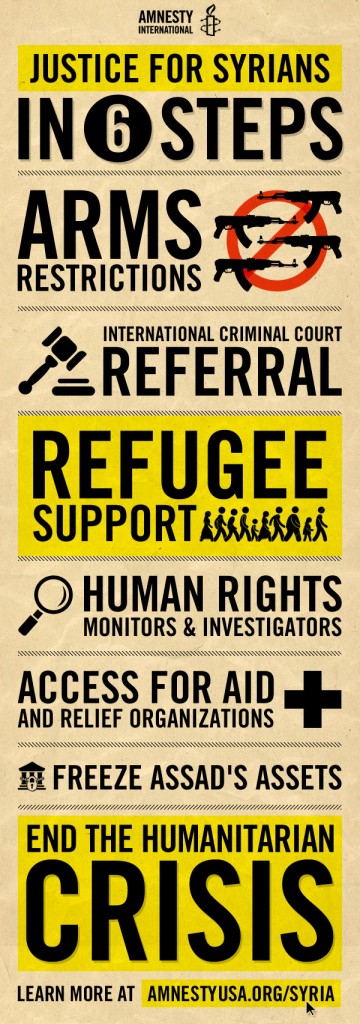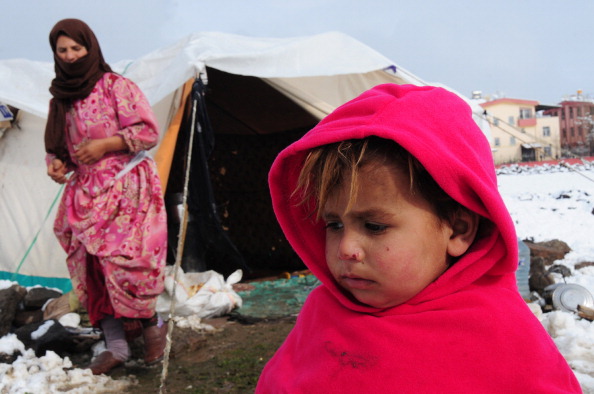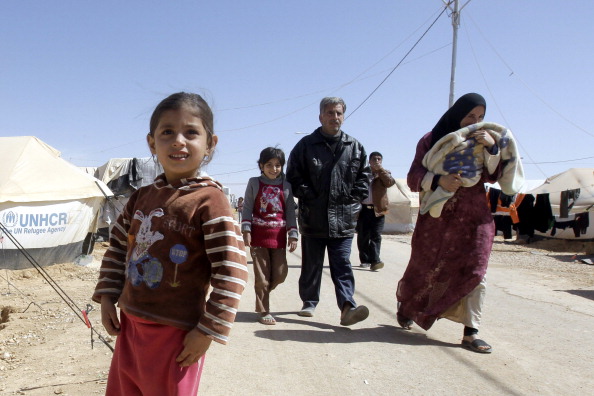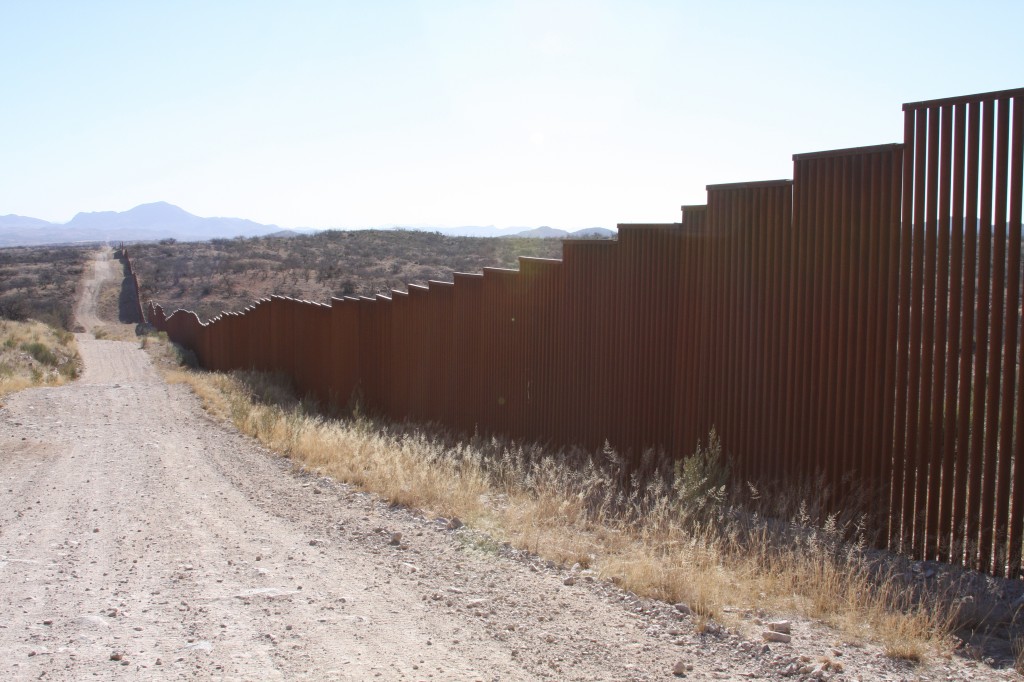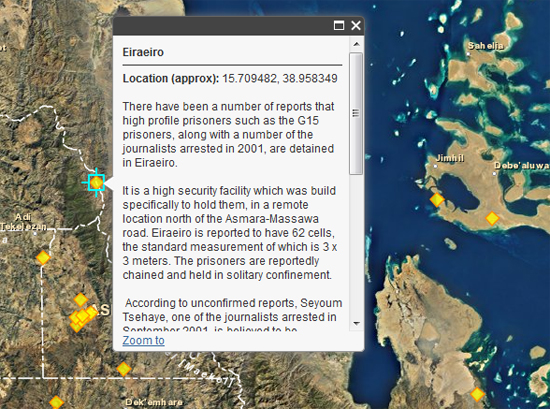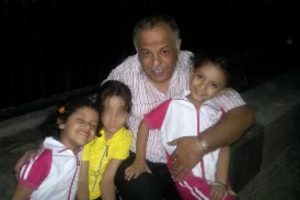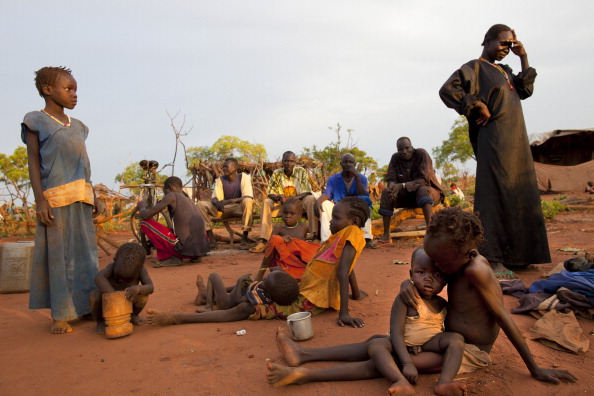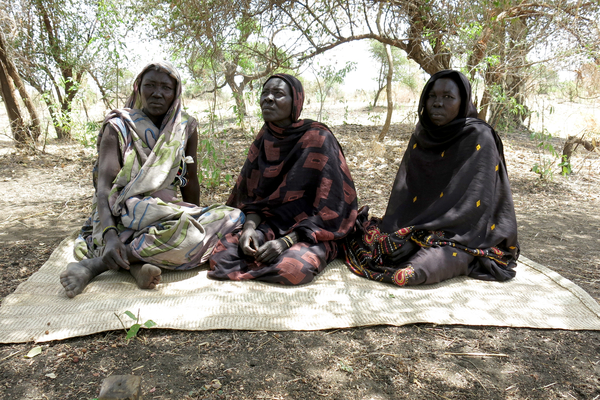
Three displaced Sudanese women finding refuge under a tree (Photo Credit: Jean-Baptiste Gallopin for Amnesty International).
By Khairunissa Dhala, Researcher on Sudan/South Sudan Team at Amnesty International
Does the human rights situation in Sudan still require a U.N.-mandated Independent Expert to monitor and report back on developments? That was among the issues to discussed as the 24th session of the U.N. Human Rights Council (HRC) opened this week in Geneva.
Given Sudan’s dire human rights situation – ongoing armed conflicts in three different states, restrictions on freedoms of expression, association and assembly, including arbitrary arrest and torture of human rights defenders and activists – it is hard to imagine that there is even a question on whether this is needed. But there is.
